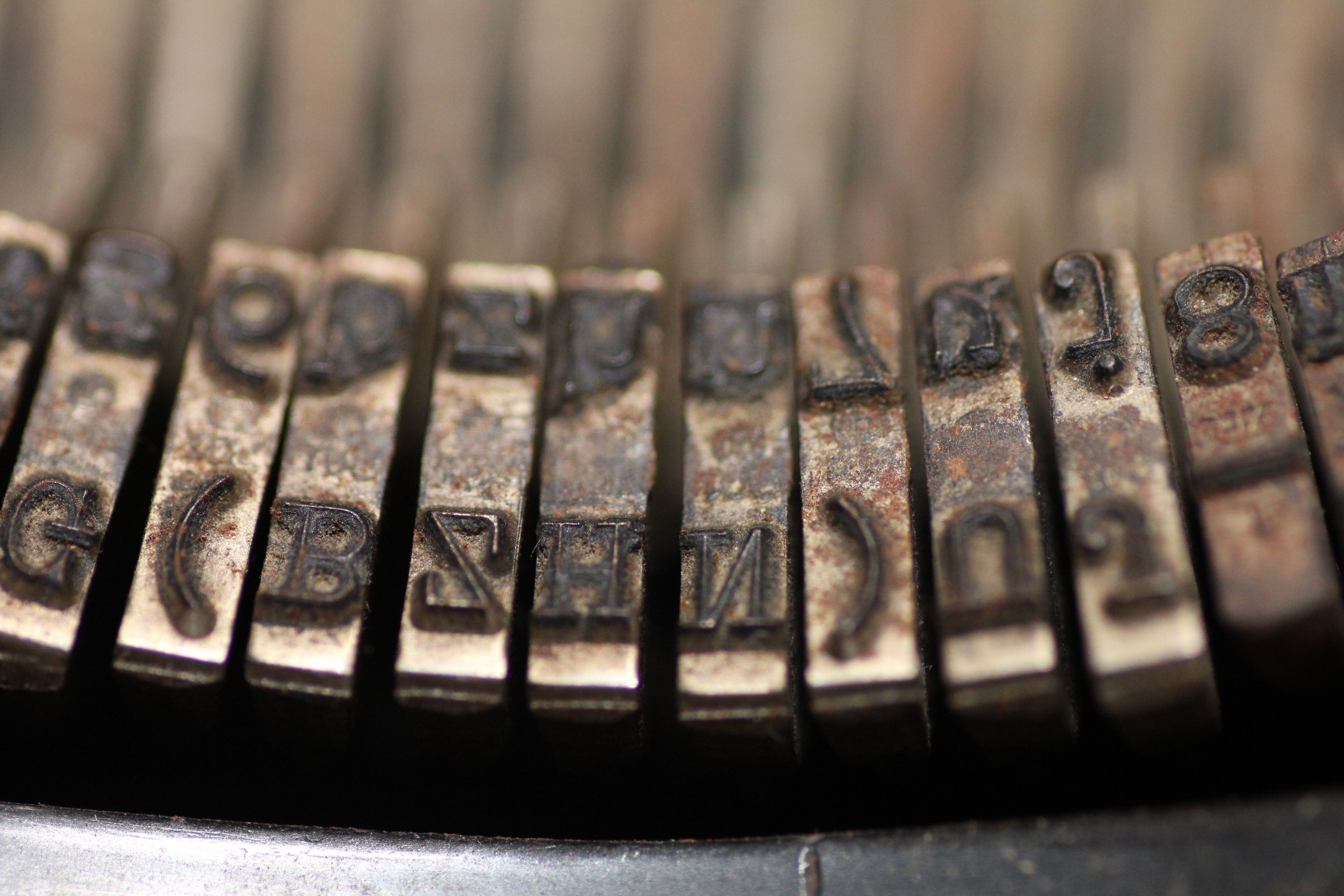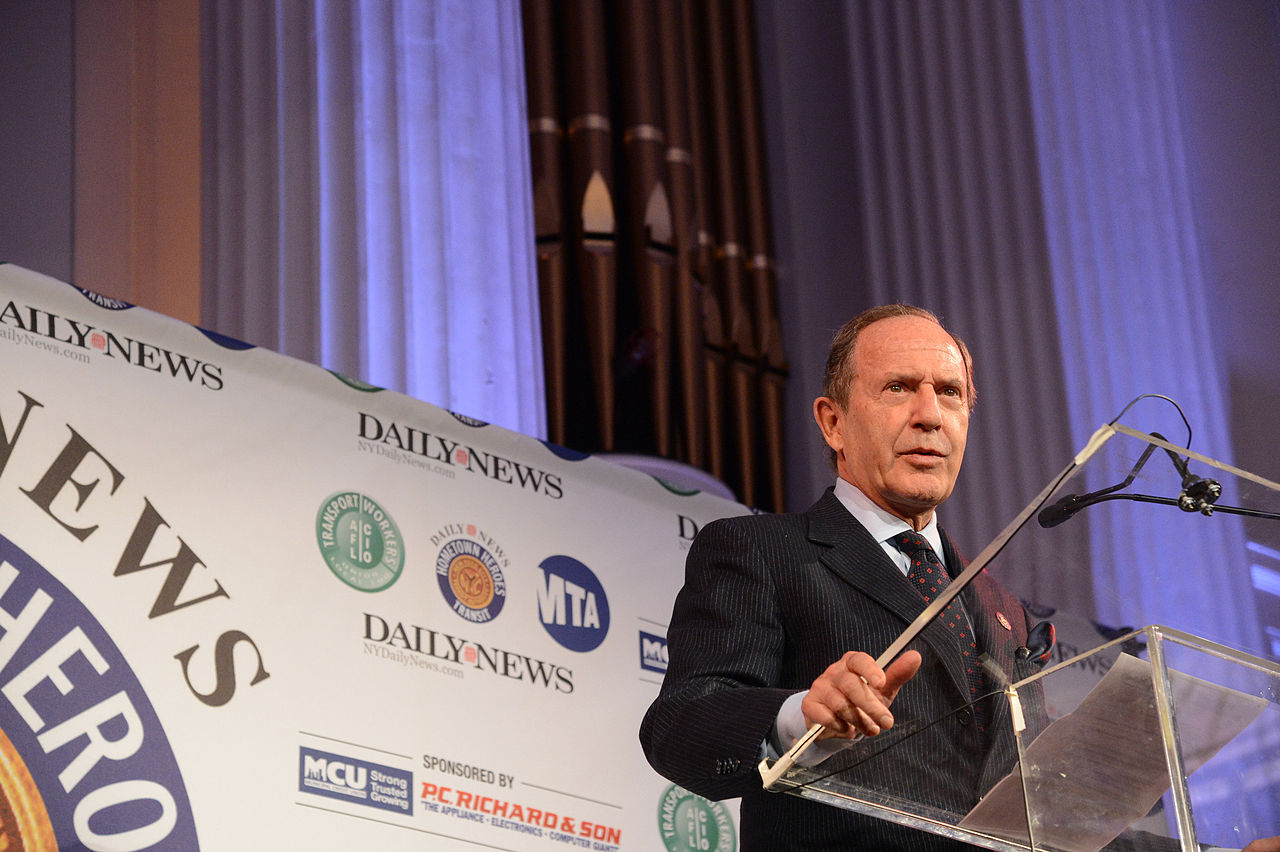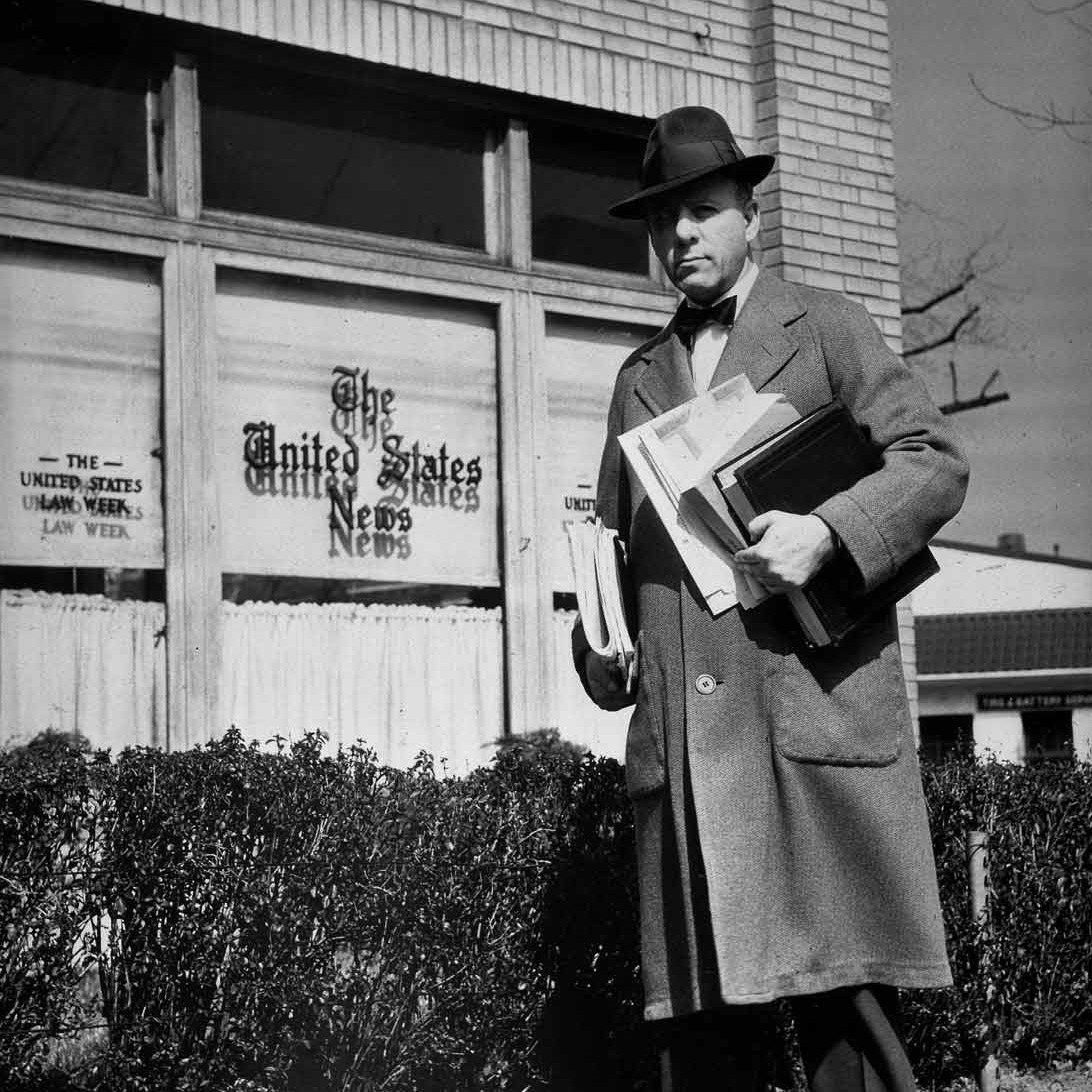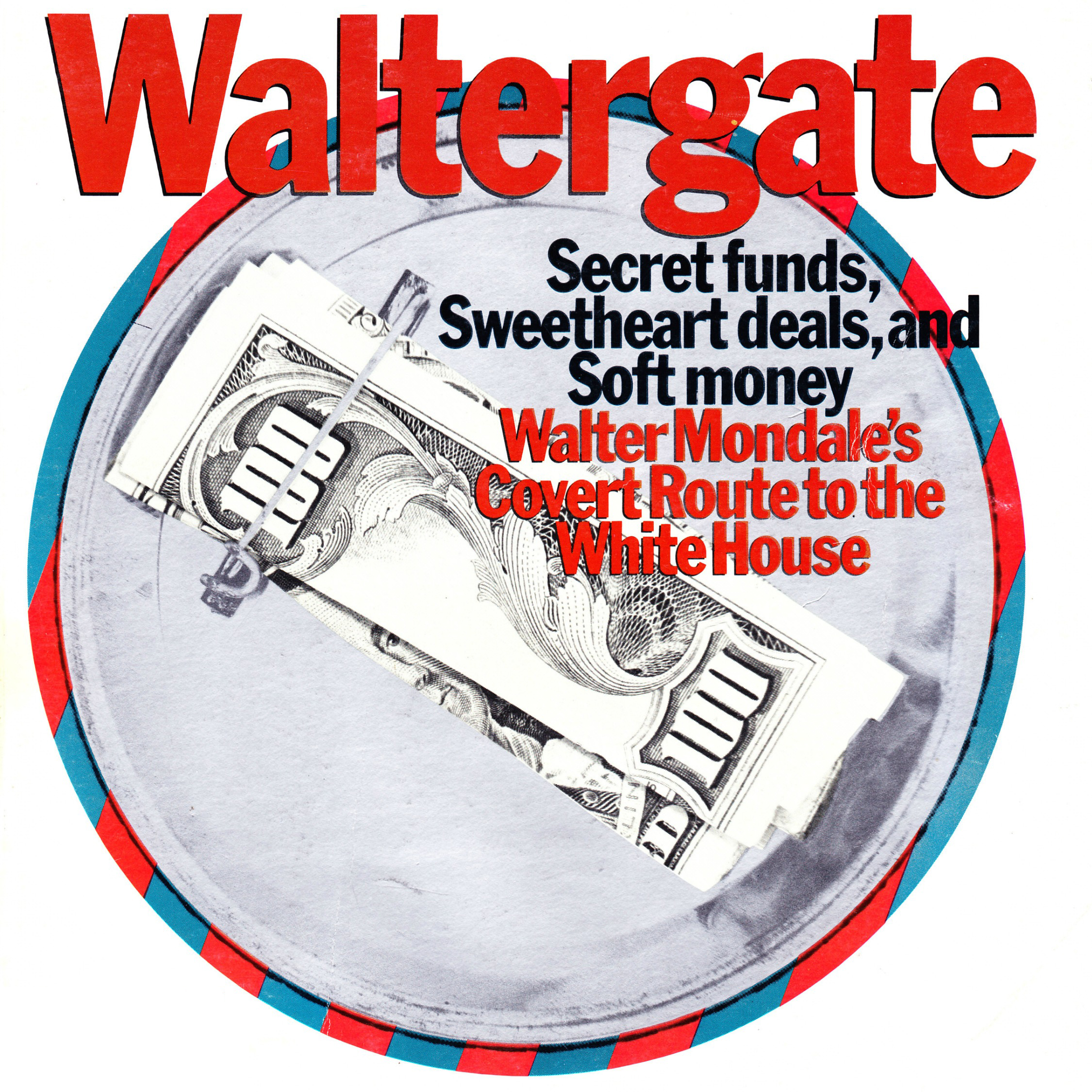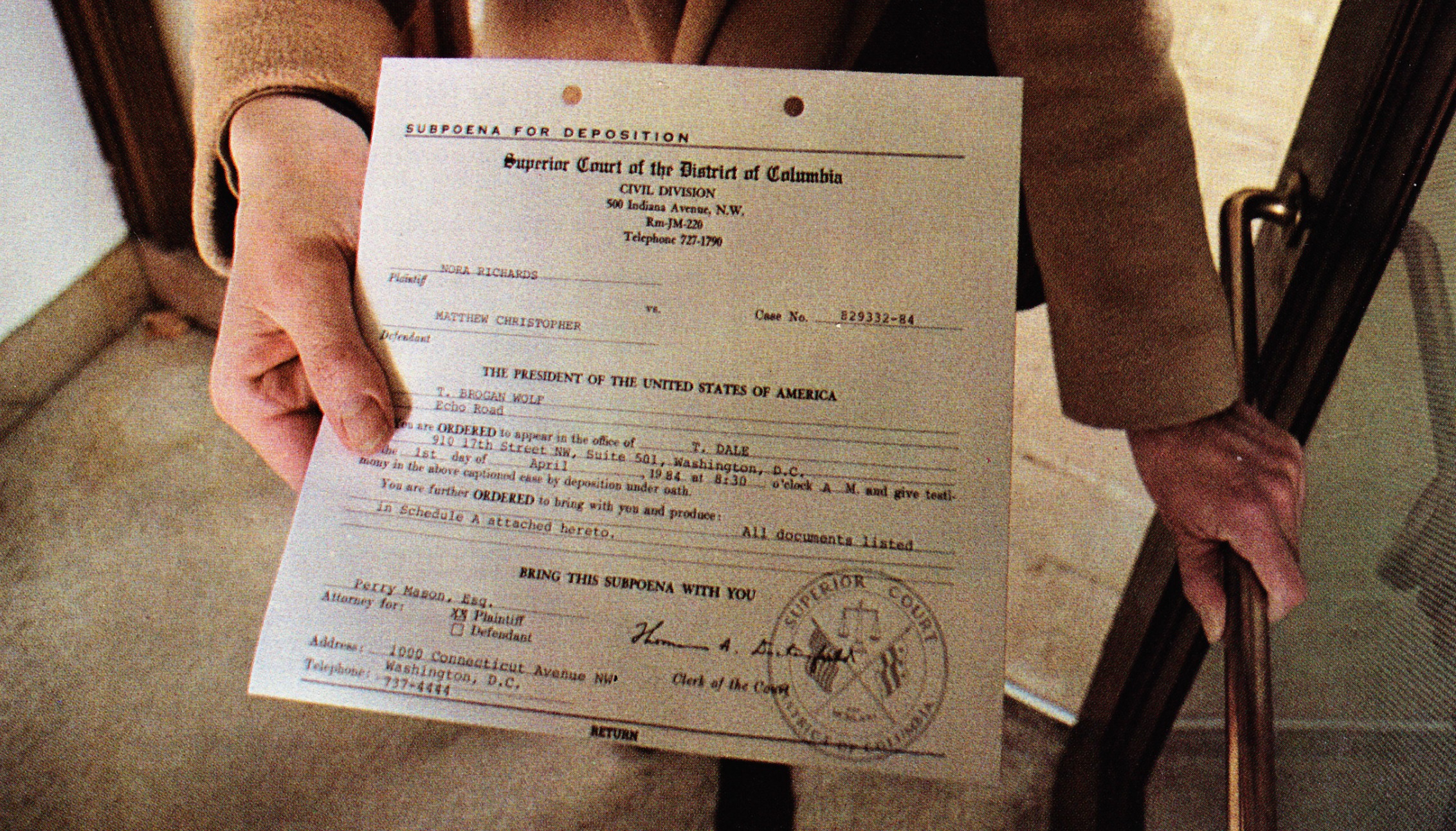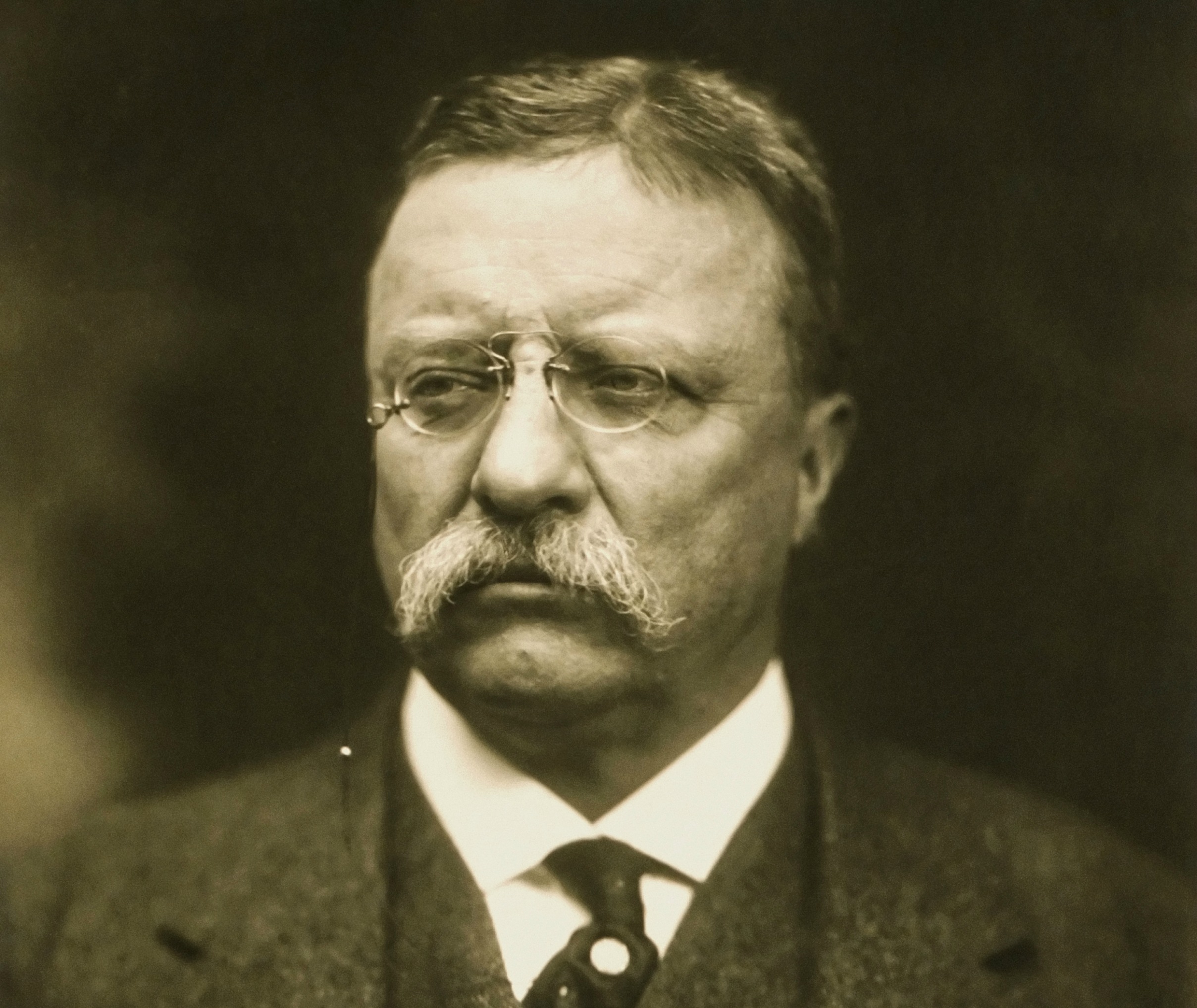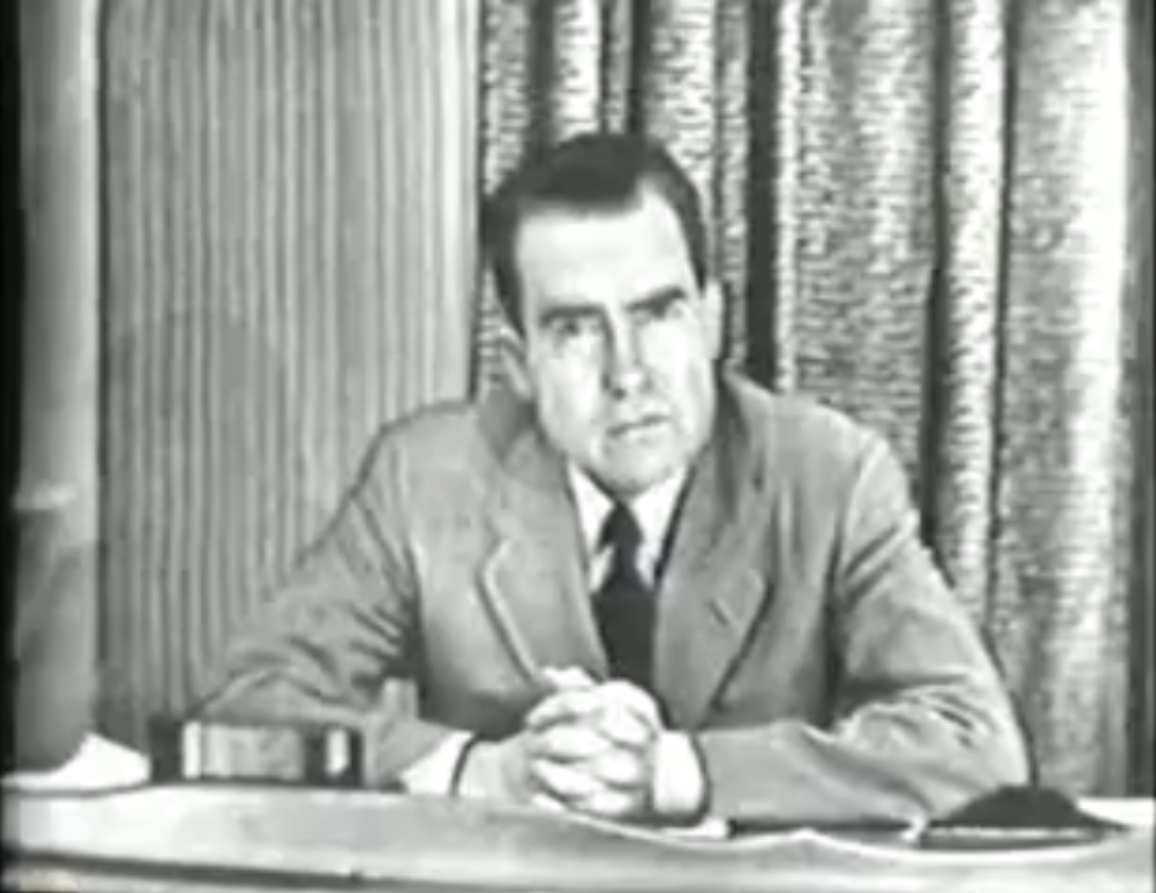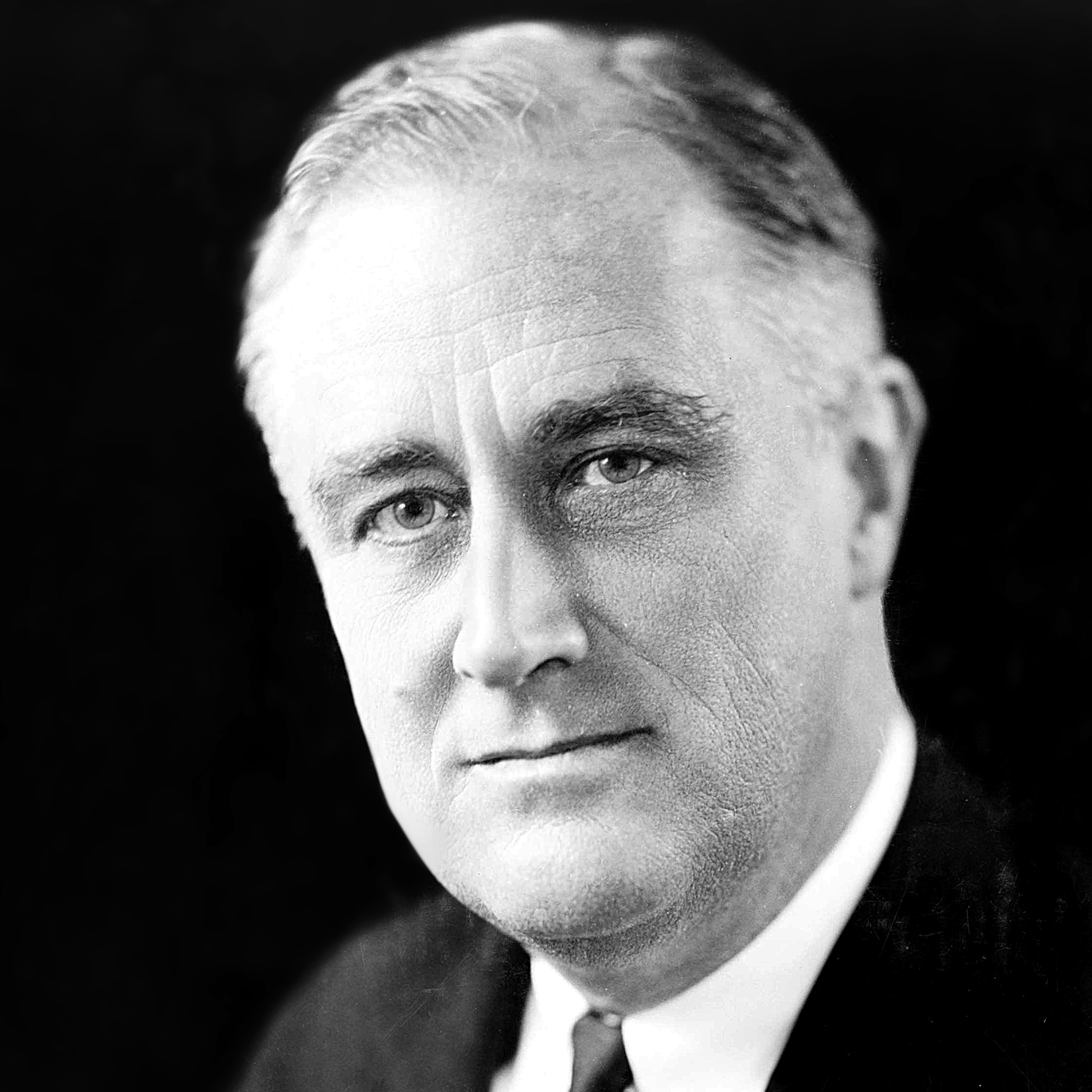Used to be that managers were for baseball, not business. In the old days, American industry and finance were ruled by titans, czars, moguls, and robber barons. There are, sadly enough, few villains of this ilk in business anymore. They’ve been replaced by a new, and infinitely more respectable, breed of corporate executives. These managers scrutinize the balance sheet, tend to the bottom line, and, increasingly, see themselves as members of the Me Generation’s million-dollar club.
Who wanted U.S. News & World Report? Finalists in the competition were: Mortimer B. Zuckerman. Many U.S. News employees considered Zuckerman, an ambitious Boston real-estate developer and publisher of the Atlantic, the odds-on favorite from the beginning because he was the company’s partner in its Washington, D.C., real estate venture. “He had his foot in the door,” one U.S. News editor says. “Anybody else buying into the thing would have
On December 14, 1983, employees of U.S. News & World Report gazed in puzzlement at a one-page memorandum that had been posted on bulletin boards in the magazine’s Washington, D.C., headquarters. “Employees should be aware,” the notice said, “that within the last two weeks an offer has been submitted to purchase all of the stock of the company at
After leaving the government in 1981 Walter F. Mondale became counsel to the law firm of Winston & Strawn, At the time he also undertook various other business activities. In addition, during 1981 through the November 1982 elections Mr. Mondale was active on behalf of candidates of the Democratic Party and the Committee for the Future of America (CFA),
In his 1975 book, The Accountability of Power, Walter Mondale described why he had abandoned his campaign for the 1976 Democratic presidential nomination in midstream. “I simply did not have the overwhelming desire necessary to do what had to be done to get elected,” he wrote. By 1981 Mondale had put that hesitation aside. He was ready to do
The Adams Chronicles. President John Quincy Adams cashed in his accumulated investment of $9,000 in government bonds to bankroll his brother-in-law’s new business, a gristmill on Rock Creek. President Adams lost his shirt in the venture. Crime Didn’t Pay Then, Either. In the earliest days of Rock Creek Park, many of its roads and bridges were built by chain
ON THE GROUNDS of the Laytonsville Public Golf Course, nestled in the gently rolling land of northern Montgomery County, stands an old wooden springhouse, roughly eight feet by twelve feet, that in an earlier era supplied water for the Dorsey farm. Crystal-clear spring water still bubbles up over a stone slab on the floor, seeps out, and nourishes a
THIRTY-ONE YEARS AGO, A SECRET SLUSH FUND nearly ended the public career of Richard M. Nixon. The fund — which contained $18,235 — had been spent to supplement Nixon’s Senate allowances and to advance his national political prospects. Nixon, of course, salvaged his spot as the 1952 Republican vice presidential nominee by making one of the most famous political
ONE FROSTY DAWN in November 1934, 500,000 World War I veterans rolled out of their blankets in the pine barrens around the Civilian Conservation Corps camp at Elkridge, Maryland. The brassy bugle notes of “Assembly” hurried them to the camp’s parade ground, where, mounted on a white steed and surrounded by his staff, they found their leader, Major General

